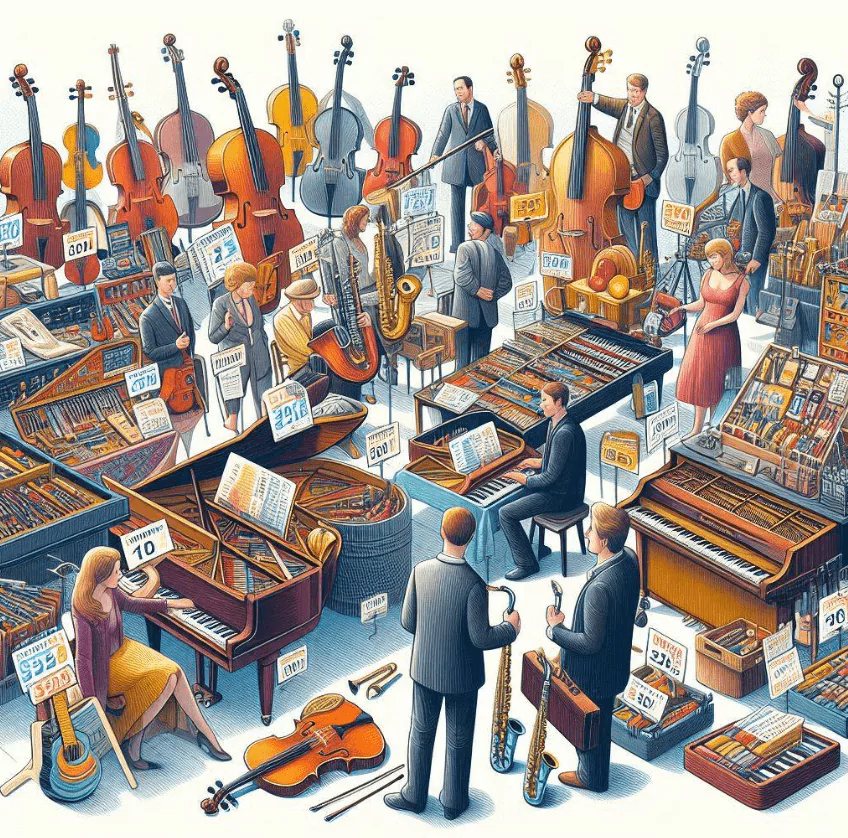New report sets out wider impact of dance music and club culture

Table of Contents
Business News Live Business
By Chris Cooke | Published on Wednesday 23 November 2022

The Night Time Industries Association and Association For Electronic Music have together hit out at the UK government, arguing that ministers do not recognise the importance of the clubbing and dance music sectors, economically, but in a much wider sense too.
The NTIA has been lobbying the government hard throughout the pandemic, and as we have moved into the cost of living crisis, seeking more support for night-time businesses, including clubs and venues. In that work, it has often pointed to the economic value of the wider night-time sector, which accounts for 1.6% of UK GDP – or £36.4 billion – and employs more than 425,000 people across the UK.
However, a new study from NTAI and AFEM – which collates and reviews two decades of academic research on dance music and nightlife culture – stresses that the impact of the clubbing community goes well beyond its economic value.
Among other things, the new report looks at the social and cultural impact of that community; how it brings people together and facilitates ‘social bonding’; it’s role in individual well-being and ‘personal transformation’; and the influence it exerts on fashion and the arts at large.
The two organisations state: “The pandemic has shown that the government does not recognise the importance of the sector, and has limited knowledge of its value, particularly its value outside of simple economics, but electronic music and club culture in the UK also has community and cultural importance as this new report shows”.
“Dance music shapes our communities and our culture across the UK”, they go on. “Clubs and festivals improve the health, well-being, friendship and happiness of millions, year in year out. They are positive, unifying and inspiring forces in an increasingly divided world”.
NTIA boss Michael Kill adds: “Dance music and clubs drive culture to the heart of communities – from the lone teenager listening to beats on a laptop in a bedroom, to groups of kids on an estate spitting lyrics and bars over an electro beat from the 1980s on a mobile phone, to the soul, jazz and funk instrumentals that underpin modern productions”.
“Electronic dance music has inspired millions of people and given them a hunger to dig deeper into music heritage to find new sounds, a new rhythm to listen to, create and produce”, he goes on. “Reaching people from all walks of life, without prejudice or bias, crossing cultural boundaries and creating pathways for expression”.
“Aided by this report”, he concludes, “wider society will grow to recognise electronic music and club culture as one of the most important economic and cultural movements of the future”.
AFEM CEO Silvia Montello states: “Those of us who live and breathe dance music have always known the incredible community value that club and rave culture has brought to our lives and our global audiences”.
“It is great to see the collection of academic evidence of these benefits outlined clearly in a report”, she goes on, “which can contribute towards a broader understanding of the importance of our music and scene to millions of people, alongside the clearly defined commercial and economic benefits“.
Montello then concludes: “The need to dance, to express, to commune and to build friendships that know no barriers of race, class, gender or creed are fundamental”.









